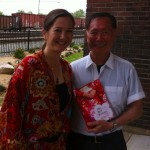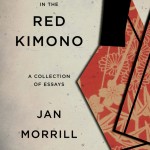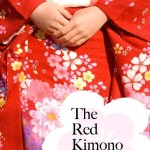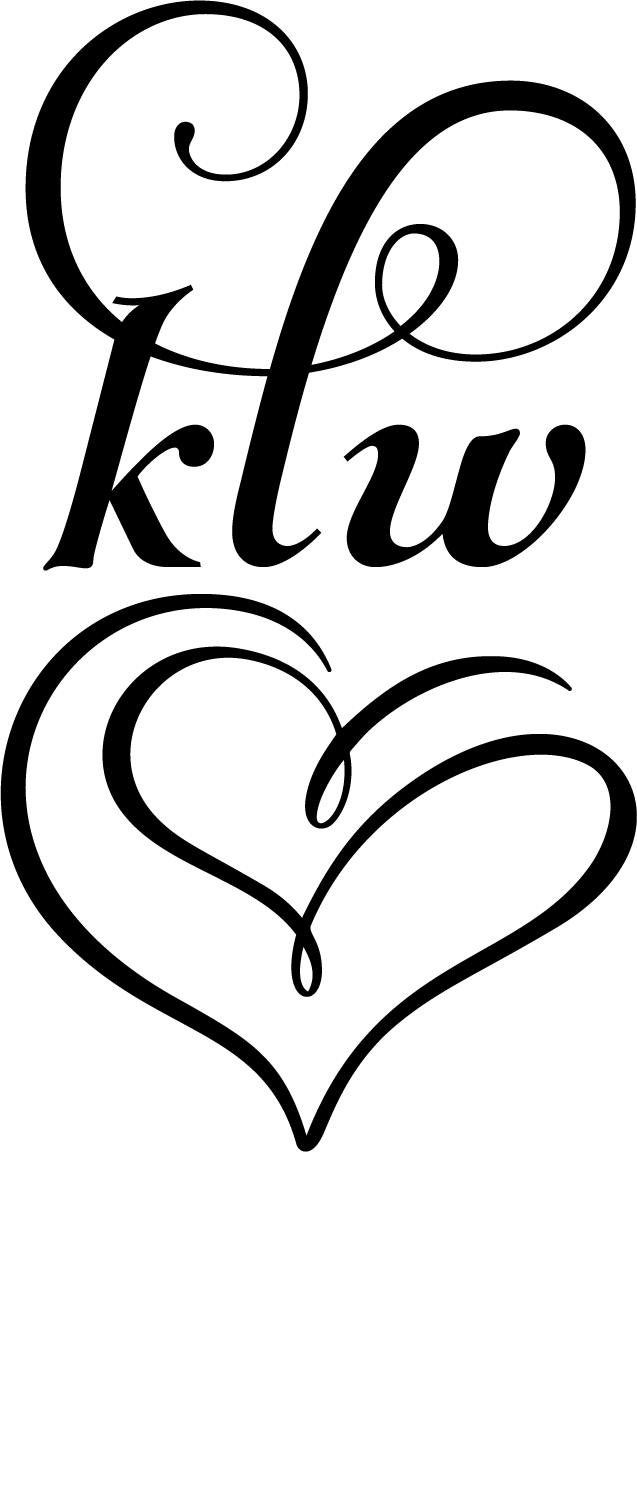 Someone asked me once when I started to write and why. My earliest recollection of writing was an exercise I did in second grade.
Someone asked me once when I started to write and why. My earliest recollection of writing was an exercise I did in second grade.
On a cold winter afternoon, I watched my teacher, Mrs. Simmons, slowly remove an album from its jacket and run a soft cloth around its shiny black surface as she told the class she had a surprise for us. She’d already passed out blank sheets of paper and as she placed the needle on the edge of the rotating disk, she asked us to take out our crayons.
The crackling sound drifting from the phonograph speakers created sparks of anticipation inside me.
“This is Prokofiev’s Peter and the Wolf Symphony,” she said. “As you listen to it, write a story it makes you think of.”
Of course, as a second grader, my ability to write was still as unstable, slow and wobbly as a toddler learning to walk, and I couldn’t write all that the music inspired to race in my imagination. But I imagined, and that is the seed to writing. I created a story in my head and I wanted to write, write, write. From that day on, I was hooked on writing.
I couldn’t write all that the music inspired to race in my imagination. But I imagined, and that is the seed to writing. I created a story in my head and I wanted to write, write, write. From that day on, I was hooked on writing.
Throughout my childhood and teen years, I kept journals, wrote short stories and secretly dreamed of one day writing the Great American Novel.
In my teen years especially, writing was a way for me to define, clarify, understand things that I felt and often couldn’t talk about. It was private and personal. Though my writing was often about things I sometimes wanted the world to know, I usually didn’t have the courage to say it out loud.
One day, my mother found my journals and read them. I still remember wanting to crawl into a hole and hide. For many years, I didn’t write, at least I didn’t write anything that was personal. Crawling out of that hole was a long, slow process. Only recently have I begun to understand that if we don’t write our truths, what’s the use of writing at all?
 Today, though I sometimes still feel “blocked” by fears of what people will think of me or my writing, I try to go back to being that second grader and remember the birth of my imagination. When my fingers couldn’t keep up with my imagination. When I allowed my imagination to be free, without regard to what anybody thought of what I wrote.
Today, though I sometimes still feel “blocked” by fears of what people will think of me or my writing, I try to go back to being that second grader and remember the birth of my imagination. When my fingers couldn’t keep up with my imagination. When I allowed my imagination to be free, without regard to what anybody thought of what I wrote.
One of my favorite poems is by Rumi:
I want to sing like the birds sing
Not worrying about who hears
Or what they think.
Our imaginations—the seeds to our writing—must be that free.

Thank you, Ali! Writing past my fear is a work-in-process. 🙂
Kathy, I believe you that if you had an afternoon, you’d write a book. You’re an inspiration!
Nice post, what a wonderful memory. It’s awesome that the teacher used music to inspire. And it’s great that it worked so well for you that you still remember so vividly. Getting past our fears is never easy, and I don’t think we really get past them. I think we just have to write anyway. Again….loved the post!
It’s tough getting past that fear, but those of us who fight through it, should feel proud. How many people have you heard say “I have a great story for you to write”? And you want to say, why don’t you write it? Or, if I’ve always wanted to write a book. Or how about this one? If I had an afternoon, I’d write a book…
You know what I mean…
I agree with you that it is very difficult to freely share your innermost thoughts and feelings. (Especially in today’s world where everyone can so easily comment on an author’s work.) Thanks for reminding me how important it is to get past the fear.
Kathy, thank you for inviting me as a guest on your blog! Writing this essay “re-inspired” me to be free with my writing–something I’ve needed in these last few months!
Thanks again!
Jan
I do still use music today, Gina. Sometimes I play music that fits the era or mood of what I’m writing. It helps to “put me there.” Thanks for commenting!
Jan – Nice interview. I found it interesting that your teacher used music to inspire you. Do you ever play music in the background as you write today?